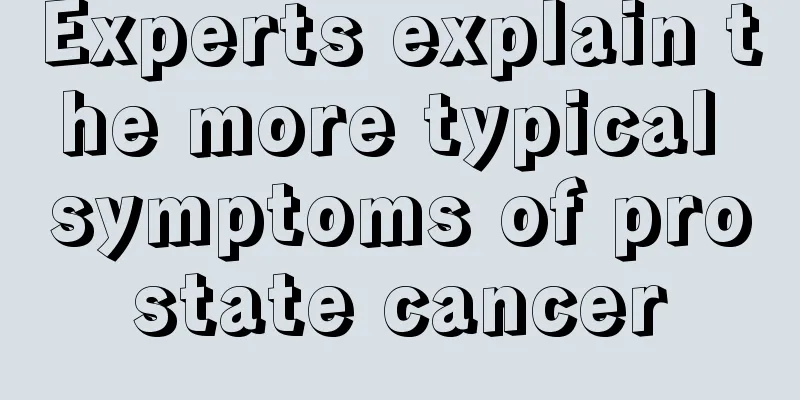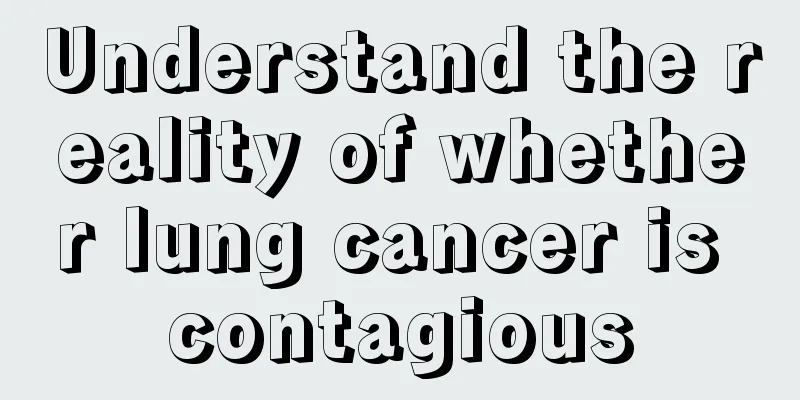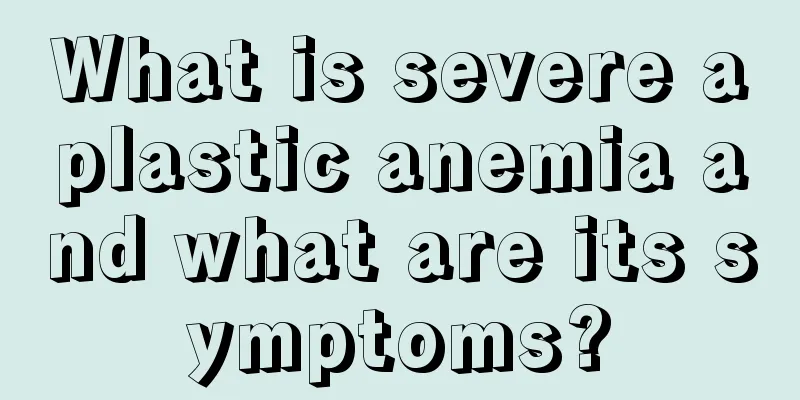Stomach hurts when I bend over

|
Stomach pain is a relatively common disease, and the specific symptoms of stomach pain are different for different diseases. For example, many people experience stomach pain when they bend over, which is most likely caused by symptoms such as functional indigestion. For this common digestive system disease, timely treatment is necessary, otherwise the condition will worsen and the patient's health will be more affected. 1. Causes 1. Factors such as impaired relaxation of the gastric fundus after eating, disorder of coordination between the gastric antrum and the duodenum, and visceral hypersensitivity are related to the onset of FD. 2. Psychological, environmental and social factors can affect and aggravate the clinical manifestations of FD patients. 2. Clinical manifestations FD has no characteristic clinical manifestations, mainly including upper abdominal pain, upper abdominal distension, early satiety, belching, loss of appetite, nausea, and vomiting. Symptoms may occur alone or as a group. 1. Early satiety refers to the feeling of fullness shortly after eating, resulting in a significant reduction in food intake. 2. Upper abdominal distension often occurs after meals, or persists and worsens after meals. 3. Early satiety and upper abdominal distension are often accompanied by belching. Nausea and vomiting are uncommon and often occur in patients with significantly delayed gastric emptying, with vomiting usually of the stomach contents of the meal. 4. Many patients also suffer from mental symptoms such as insomnia, anxiety, depression, headache, and inattention. These symptoms are related to the "cancer fear" in some patients. 5. Symptoms may also change during the course of the disease. The onset is usually slow, lasting over years, and may persist or recur. Many patients have dietary, mental and other triggering factors. Treatment The treatment is mainly symptomatic, following the principles of comprehensive treatment and individualized treatment. 1. General treatment Develop good living habits, avoid smoking, drinking and taking non-steroidal anti-inflammatory drugs. No special diet, avoid foods that trigger symptoms in personal life experience. Pay attention to providing psychological treatment based on the different characteristics of the patients. People with insomnia and anxiety can be given appropriate sedatives. 2. Medication There is no specific medicine, and treatment is mainly empirical. (1) Drugs that inhibit gastric acid secretion are generally used for patients with upper abdominal pain as the main symptom. H2 receptor antagonists or proton pump inhibitors can be used selectively. (2) Gastrointestinal motility drugs are generally suitable for patients whose main symptoms are upper abdominal distension, early satiety, and belching. Selectively take domperidone, itopride, etc. (3) Helicobacter pylori eradication therapy may be effective for a small number of FD patients infected with Helicobacter pylori and can be tried for those with severe symptoms. |
<<: How to remove the food remaining in tonsils
>>: Why can't anal fissure heal?
Recommend
How should we nourish our stomach?
The accumulation of factors such as irregular die...
What are the effects of mixing sesame oil and honey
In fact, the therapeutic value of the mixture of ...
Early symptoms of uterine cancer
The early symptoms of uterine cancer mainly inclu...
There is a round bump under my cheek that moves
The face can be said to be our facade. Having a b...
What's wrong with the brown vertical lines on the nails
Many people's nails are relatively smooth and...
What are the symptoms of advanced lung cancer? The three most obvious symptoms of advanced lung cancer
There will be some pain in the late stage of lung...
What are the symptoms of a fractured knee
Knee bone fracture is actually the most common ty...
What to do if bamboo thorns pierce the skin
Many families, especially those in the south, sle...
Can the small black spots poked into the flesh by a pencil be removed?
I believe many people have had the experience of ...
There has been a lump for 5 months after the injury
In daily life, on the one hand, various external ...
How to treat acne
When it comes to the problem of acne, I believe m...
The efficacy, effects and contraindications of lotus root
When it comes to lotus root, many people actually...
Will irregular eating patterns lead to stomach cancer?
Irregular diet, often going hungry for one meal a...
What are some tips for curing tearful eyes?
In real life, tears are a common condition. Usual...
How to improve your lung capacity and sing well
Lung capacity is very important for singers. Only...









